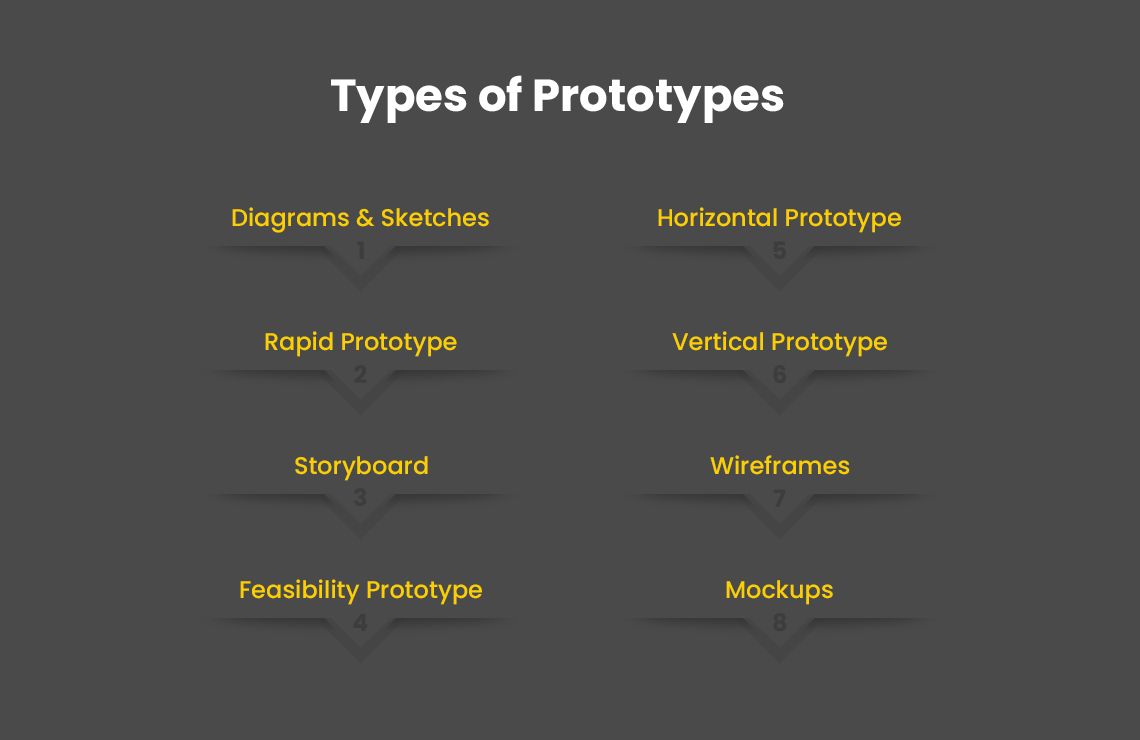
8 Types of Prototypes You Need to Know ASAP
Ideas are abstract at times, and that’s when they need some solid backing to get them delivered to the masses. Prototypes, the high-fidelity images aka an upgraded form of mockups get the trick done in a possible hassle-free manner. It gets even better as there are various types of prototypes, which makes it effective and applicable in different fields of the world.
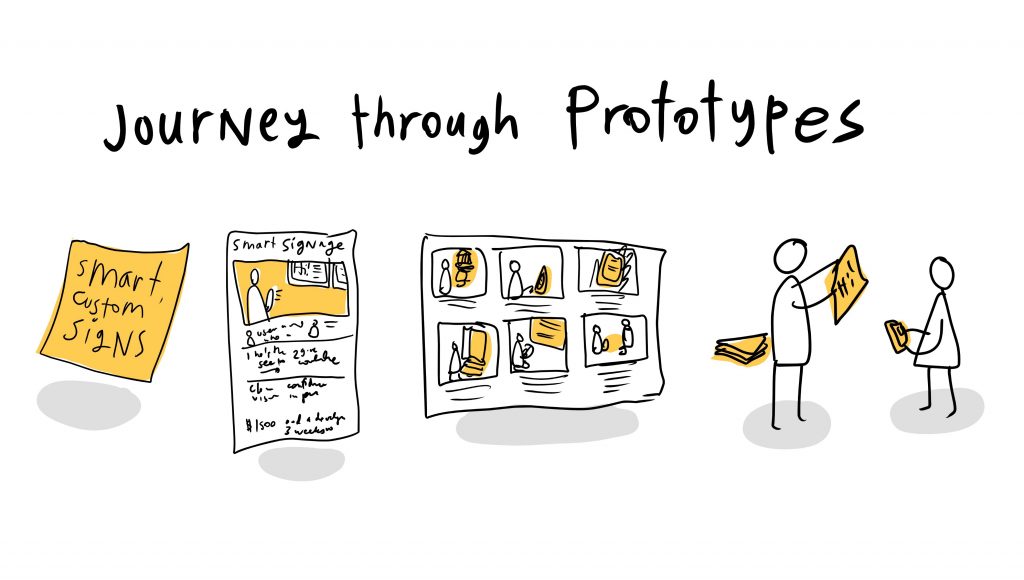
Prototypes are the most important part of product designing and pre-evaluation processes. Prototyping gives a tangible model upfront and gives the desired results in the form of a ready-to-go product. Whether it be the IT field, architecture, or any, everybody relies on prototypes in some capacity.
This blog throws light on different types of prototypes and their application in different sectors of the world.
Types of Prototypes
1- Diagrams & Sketches
The quickest way of prototyping is getting it done on the paper. The diagrams and sketches could be your initial step towards prototyping because you only need paper and pencil to represent your idea using shapes, graphs, and hand-made sketches.
2- Rapid Prototype
Rapid Prototyping, aka a 3D printing prototype, is one rapid technique to initiate Computer-Aided-Design (CAD) for starting the prompt production process. The ultimate aim of this 3D model is to identify flaws and then fix them quickly to shift businesses from design to production phases.
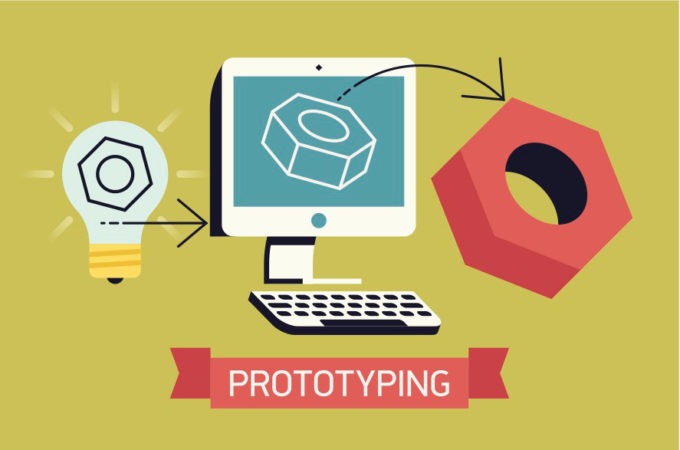
3- Storyboard
A storyboard is a disciplined form of diagram and sketches to demonstrate an entire story while keeping the hierarchical order in check. As a low-fidelity prototype, storyboards illustrate the concept of the design by showcasing a user scenario. Amid many other types of prototypes, storyboards are best known for their highly interactive nature.
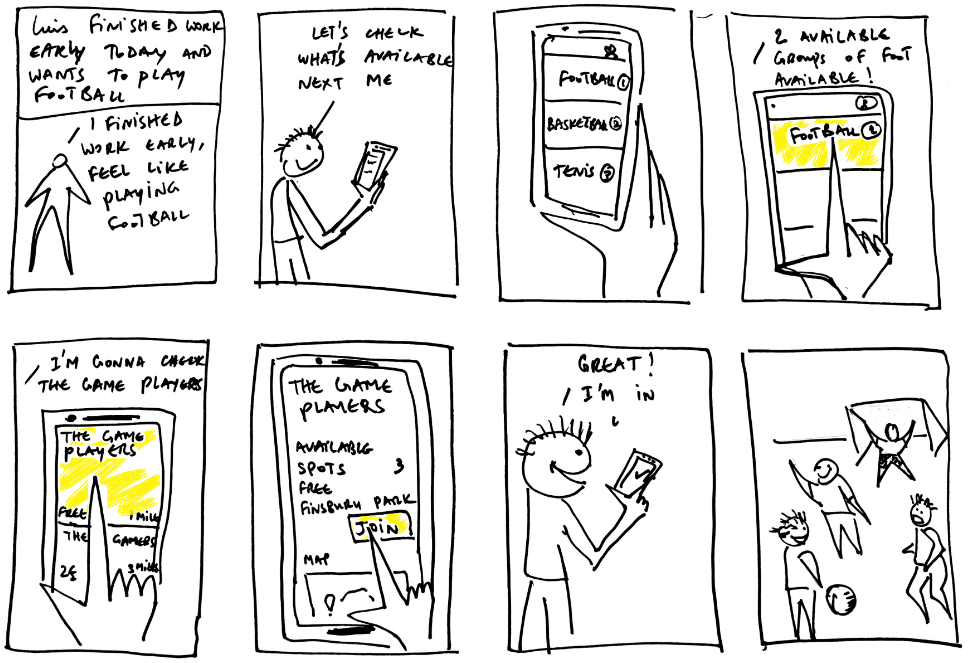
4- Feasibility Prototype
Feasibility prototypes usually come in to identify the risk of the newest technology or a unique idea beforehand. This type of prototype is essential to identifying the technical risk a business can face in terms of development and performance. The feasibility prototype acts as a rigorous testing technique in the IT sector.
5- Horizontal Prototype
The horizontal prototype showcases the user interface of a gadget to evaluate the compatibility across different screens. It is usually the collection of screenshots that show all the elements available on the screen. It represents everything on the interface including screens, menus, and windows for the desktop version.
6- Vertical Prototype
Vertical Prototypes are a technical way of evaluating back-end functioning, which is connected with the database to ensure smooth functioning of various actions. It focuses on all the activities related to the database including load management and data processing. Amid many other types of prototypes, Vertical Prototypes are solely known for enhancing database and back-end functioning.
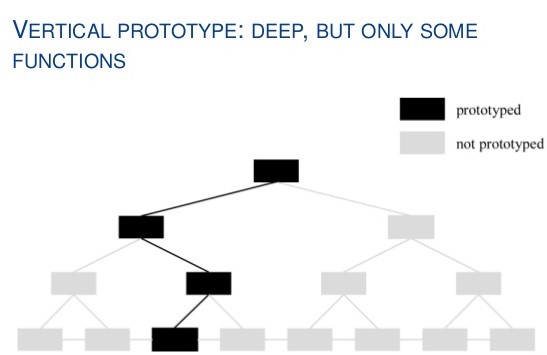
7- Wireframes
Wireframes are also called screen blueprints. These low-fidelity black and white prototypes stand for the skeletal outline of the project. Though it’s very basic-level prototyping still in its 2D representation, it shows the important user interface elements to be displayed on your App or website’s different pages and sections.
8- Mockups
Mockups are upgraded and eye-catching rendering of the wireframes as it adds colors, logos, and vivid photos for the representation of the idea. Even with so much to offer, mockups fall short in terms of offering interactivity via clicks, which is exclusively available in the case of full-fledged prototypes.
Final Say
All these types of prototypes have one thing in common, which is adding convenience to businesses. If you’re someone keen to make your business work this way, prefer hiring professional prototyping service providers for the task.
